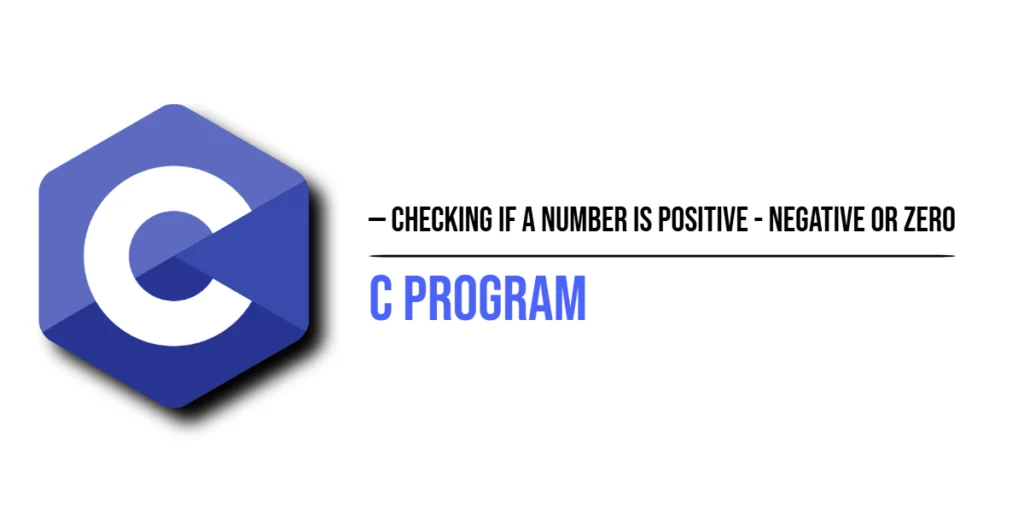C Program to Find the Least Common Multiple (LCM)
Finding the Least Common Multiple, or LCM, of two numbers is a common task in mathematics and programming. The LCM of two integers is the smallest positive integer that is divisible by both numbers. Understanding how to calculate the LCM in C helps beginners learn about loops, conditions, and arithmetic operations. In this tutorial, we […]
C Program to Find the Least Common Multiple (LCM) Read More »









